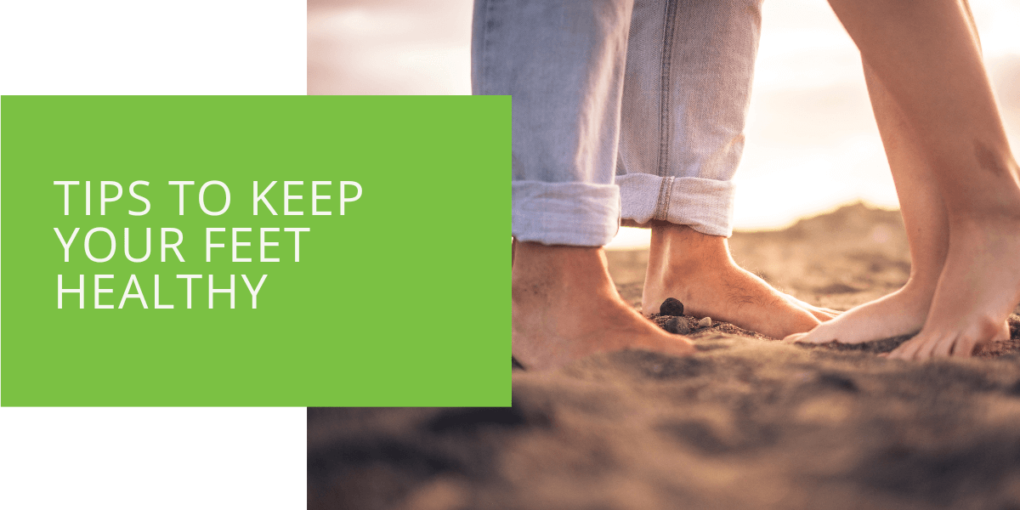10 Tips to Keep Your Feet Healthy
Feet are one of the most important and often neglected parts of the body. Our feet support us all day, every day, and are often the most neglected part of the body. Not only are our feet subjected to the constant wear and tear of daily activities, but they are also susceptible to a wide range of foot problems.
Aches, blisters, calluses, and bunions are all common complaints, but neglecting these issues can lead to more serious problems such as fungal infections, ingrown toenails, and even foot deformities. This article will discuss 10 tips on keeping your feet healthy and preventing and treating common foot problems. By following these tips, you can ensure that your feet remain healthy and pain-free and help to prevent serious foot problems from developing.
Tip #1: Wear Shoes that Fit Well and Provide Proper Support
Wearing shoes that fit well and provide proper support is essential for maintaining healthy feet. shoes that are too tight can cause blisters, calluses, and irritation, while shoes that are too loose can lead to slips, trips, and falls. High heels are particularly bad for your feet, as they can cause a whole host of problems, including hammertoes, bunions, and plantar fasciitis. The best way to avoid these problems is to ensure that you wear shoes that fit well and provide proper support. Look for shoes with a wide toe box, good arch support, and a heel that is not too high.
It's also essential to break in new shoes properly. It's better to start with a shorter period and increase the wearing time as the shoes start to feel comfortable.
Tip #2: Take Care of Your Feet by Keeping Them Clean and Dry
Keeping your feet clean and dry is one of the most basic and effective ways to maintain healthy feet. Wash your feet daily with soap and water, and scrub between your toes to remove dirt and sweat. Pay extra attention to your feet in summer or hot weather, as sweating can increase the risk of fungal infections. After washing your feet, dry them thoroughly, especially between your toes. Moisture trapped between the toes is a breeding ground for bacteria and fungi.
Also, avoid going barefoot in public areas like locker rooms, swimming pools, and showers, as this increase the risk of contracting fungal or other infections.
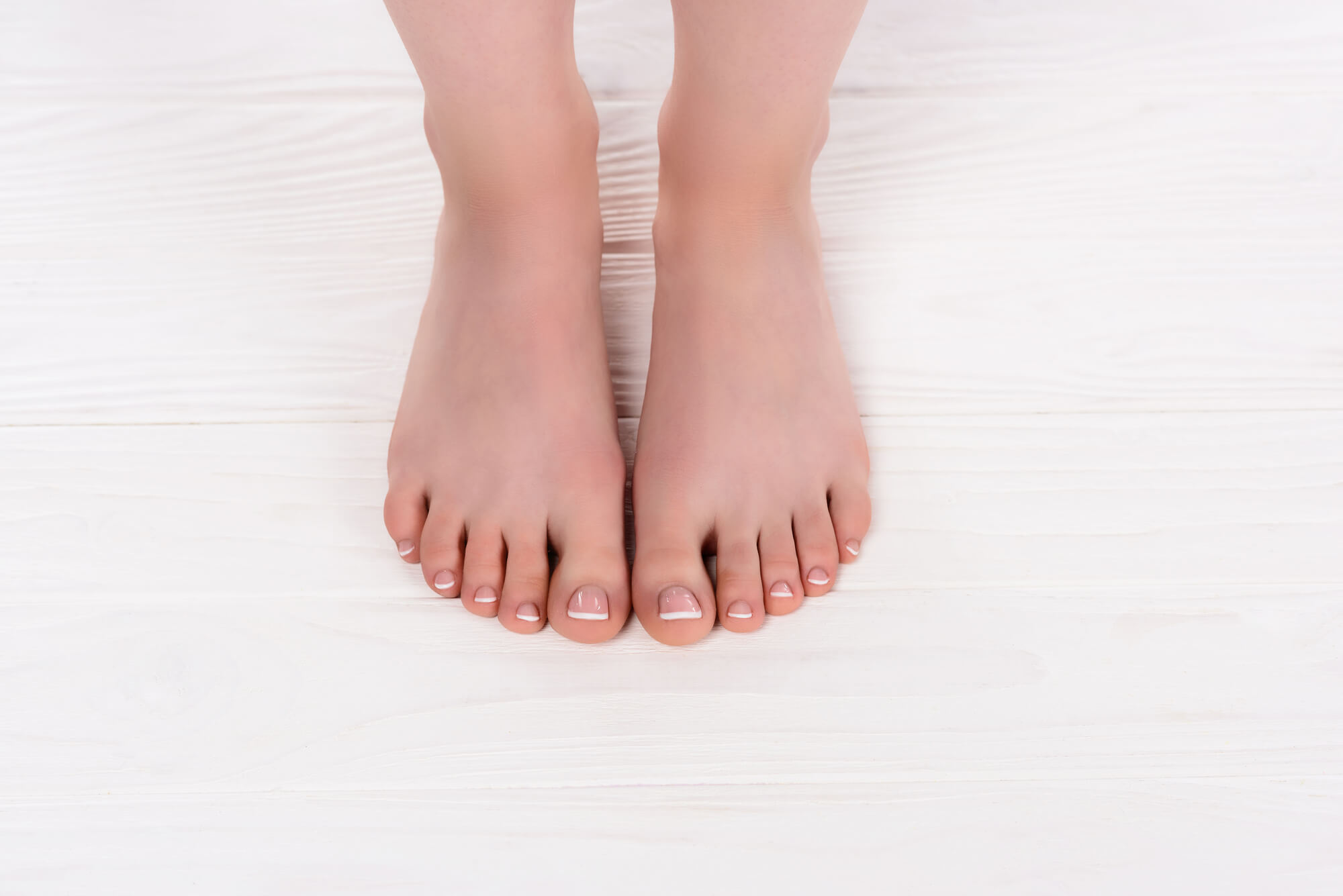
Tip #3: Keep Your Toenails Trimmed and Filed
Properly trimming and filing your toenails is essential for maintaining healthy feet. When trimming your toenails, cut them straight across rather than rounding the corners. This will help to prevent ingrown toenails, which can be painful and difficult to treat. Filing your nails can also help reduce the risk of fungal infections and prevent thickened, discolored nails.
If you are experiencing pain or discomfort while cutting your nails or have issues like thick or ingrown toenails, it's always best to see a podiatrist as they have the knowledge and expertise to help.
Tip #4: Regularly Stretch and Exercise Your Feet
Stretching and exercising your feet is just as important as exercising other parts of your body. It can help improve circulation, flexibility, and strength, which can help to prevent common foot problems such as plantar fasciitis, heel spurs, and other conditions that can cause pain and discomfort. Some simple exercises that you can do at home include:
- Toe scrunch: this exercise is great for strengthening the muscles in the feet and toes. Sit with your feet flat on the floor, and use your toes to scrunch up a towel or a piece of paper.
- Ankle circles: this exercise helps to improve flexibility in the ankle joint. Sit with your feet flat on the floor and make circles with your toes.
- Heel raises: this exercise helps to strengthen the muscles in the calf and the Achilles tendon. Stand with your feet shoulder-width apart, slowly raise onto your toes, hold for a few seconds, and lower back down.
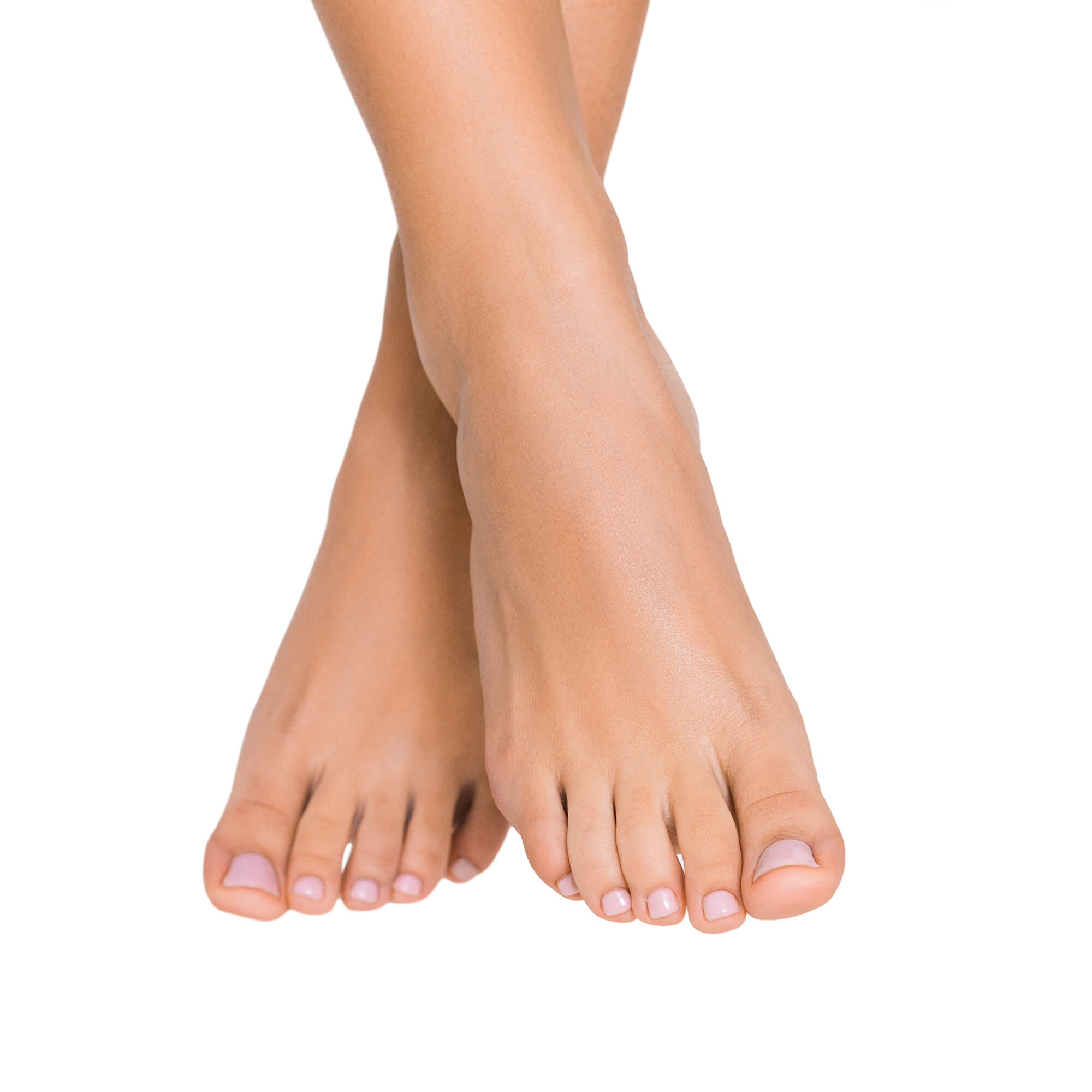
Tip #5: Wear Comfortable and Appropriate Shoes for Different Activities
Choosing the right footwear for different activities can go a long way in keeping your feet healthy. Athletic shoes, for example, are designed to provide extra support and cushioning for sports and other high-impact activities. Flat, supportive shoes are a good choice for long periods of standing or walking. Sandals are a great option for summer, but choose a pair with a low heel, good arch support, and a secure fit. Avoid going barefoot, especially in public areas, as it increases the risk of infection and injury.
Tip #6: Avoid Going Barefoot, Especially in Public Areas
Going barefoot in public areas can put your feet at risk of infection and injury. The risk of contracting a fungal or bacterial infection is high in places like locker rooms, swimming pools, and showers. Going barefoot can also increase your risk of falling, especially if the surface is wet or slippery. Alternatively, you can use sandals or shower shoes to protect your feet in these areas.
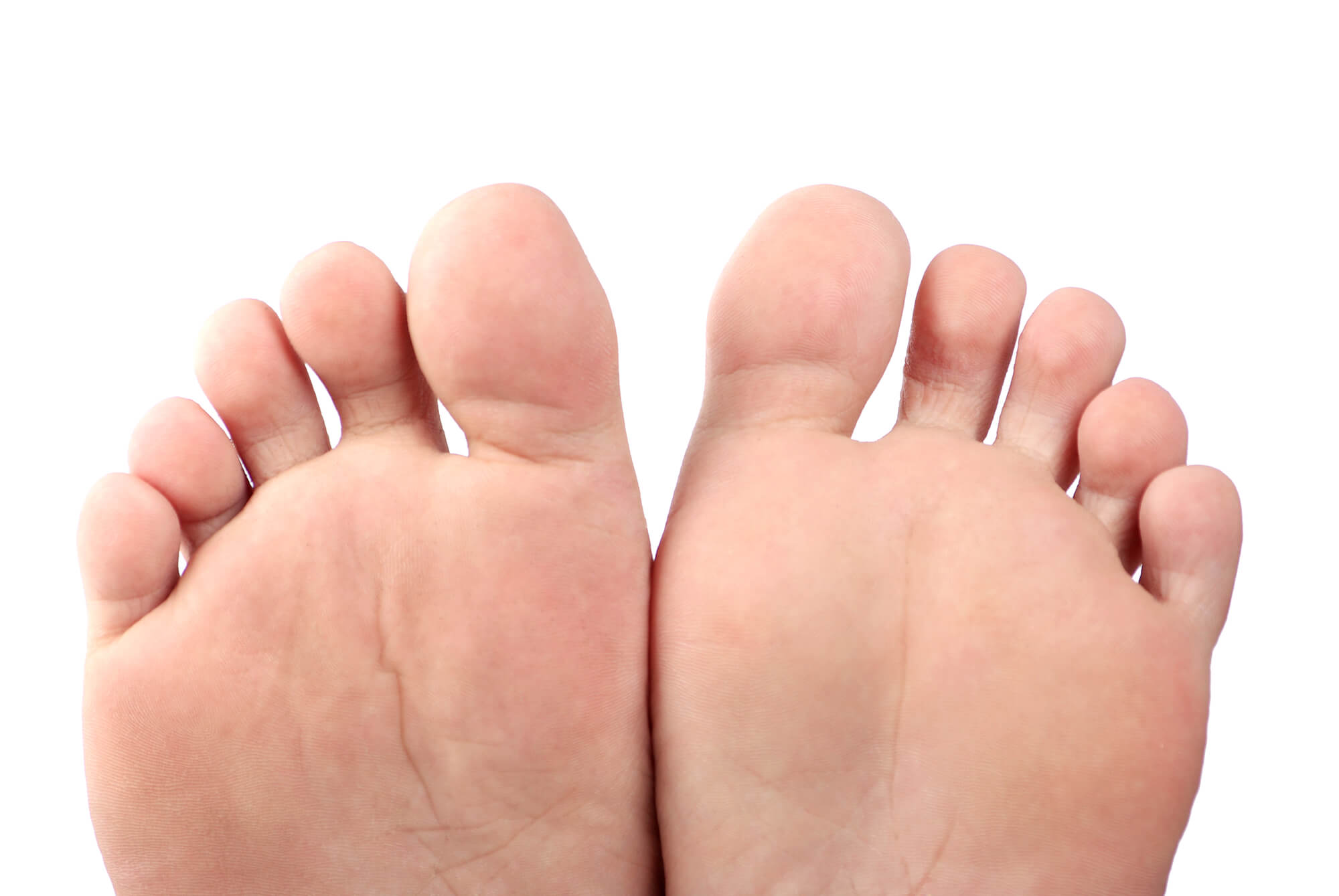
Tip #7: Take Care of Any Foot Injuries Promptly and Properly
Properly treating foot injuries as soon as they occur is essential for preventing complications and promoting healing. If you suffer from a minor injury such as a blister or cut, clean the area with soap and water, and apply a bandage or adhesive tape to protect it. Avoid going barefoot and use appropriate footwear. If the injury is more severe or you're experiencing severe pain, swelling, or difficulty walking, it's best to see a podiatrist as soon as possible.
Tip #8: Practice Good Foot Hygiene
Practicing good foot hygiene is essential for keeping your feet healthy. This includes wearing clean socks, stockings, and shoes and ensuring that your feet are dry and free from excess sweat. You should also avoid sharing personal items such as towels, shoes, or nail clippers, as this increases the risk of infection.
Tip #9: Use Foot Powder and Moisturizers
Using foot powder and moisturizers can help to keep your feet dry and prevent blisters, especially during hot and humid weather. Foot powders absorb excess moisture, while moisturizers help to prevent dry, cracked skin. Look for powders and moisturizers that contain antifungal or antibacterial ingredients to help prevent fungal and bacterial infections.
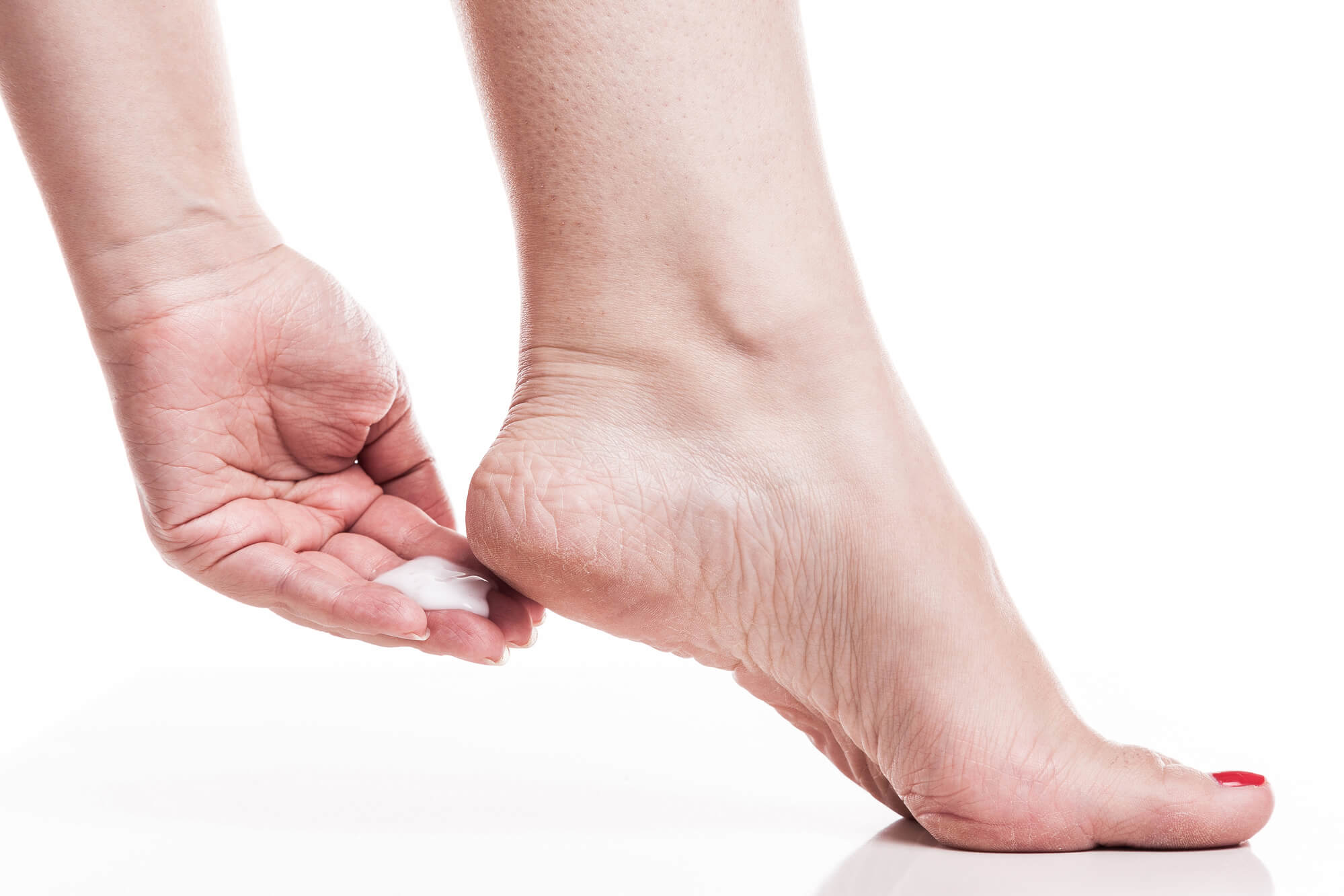
Tip #10: Seek Advice from A Podiatrist or Doctor
Seeking advice from a podiatrist or doctor is essential if you're experiencing foot pain or have a medical condition that affects your feet. Podiatrists are medical professionals who specialize in diagnosing and treating foot problems, and they can provide you with the guidance you need to keep your feet healthy. They can also provide custom orthotics or shoe inserts to help alleviate pain and improve your foot function.
You should also see a doctor or podiatrist if you have any persistent foot pain or a medical condition such as diabetes, arthritis, or peripheral neuropathy, which can affect your foot health. They can help you manage these conditions and develop a treatment plan to keep your feet healthy.
If you're experiencing any signs of infection, such as redness, swelling, or a foul odor, you should seek medical attention immediately.
Conclusion
In conclusion, keeping your feet healthy is essential for overall well-being and mobility. Following the tips outlined in this article can help prevent and treat common foot problems and ensure that your feet remain healthy and pain-free. Wear shoes that fit well and provide proper support, keep your feet clean and dry, properly trim and file your toenails, stretch and exercise your feet, and choose the right footwear for different activities. Also, take care of any foot injuries promptly, practice good foot hygiene, use foot powder and moisturizers, and seek advice from a podiatrist or doctor if you have any concerns about your foot health.

